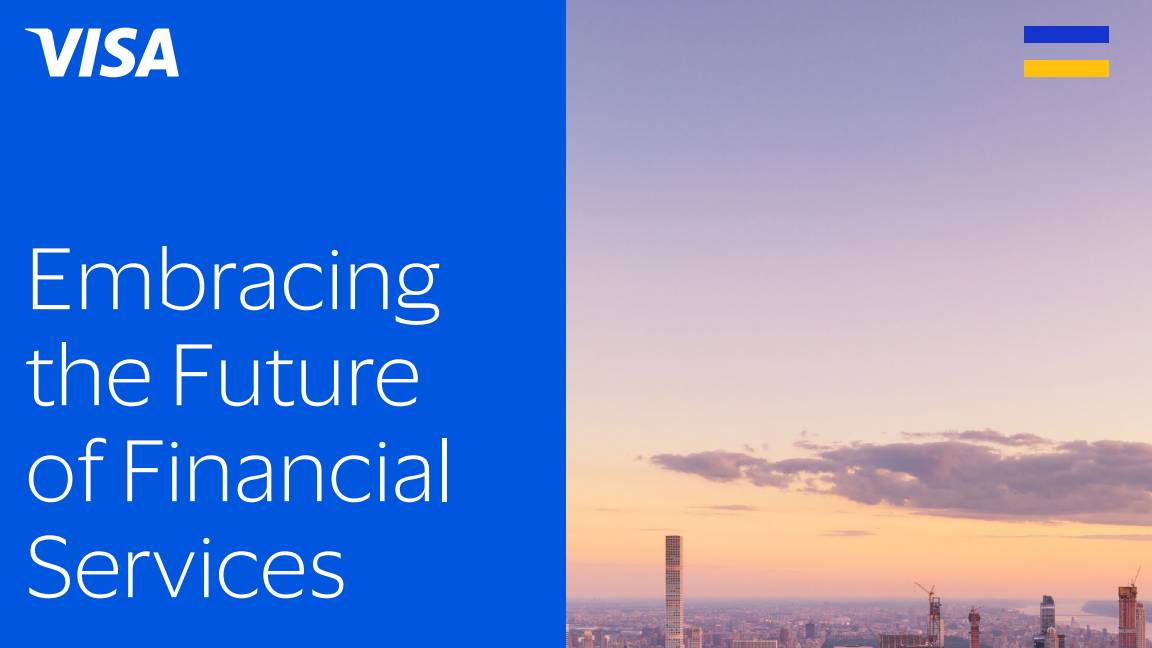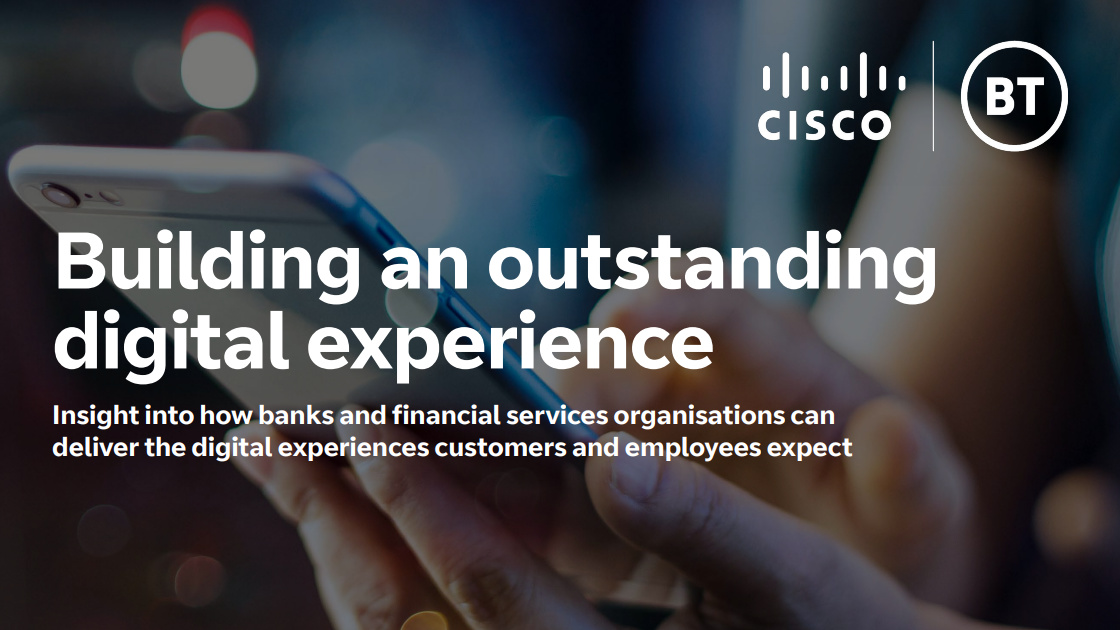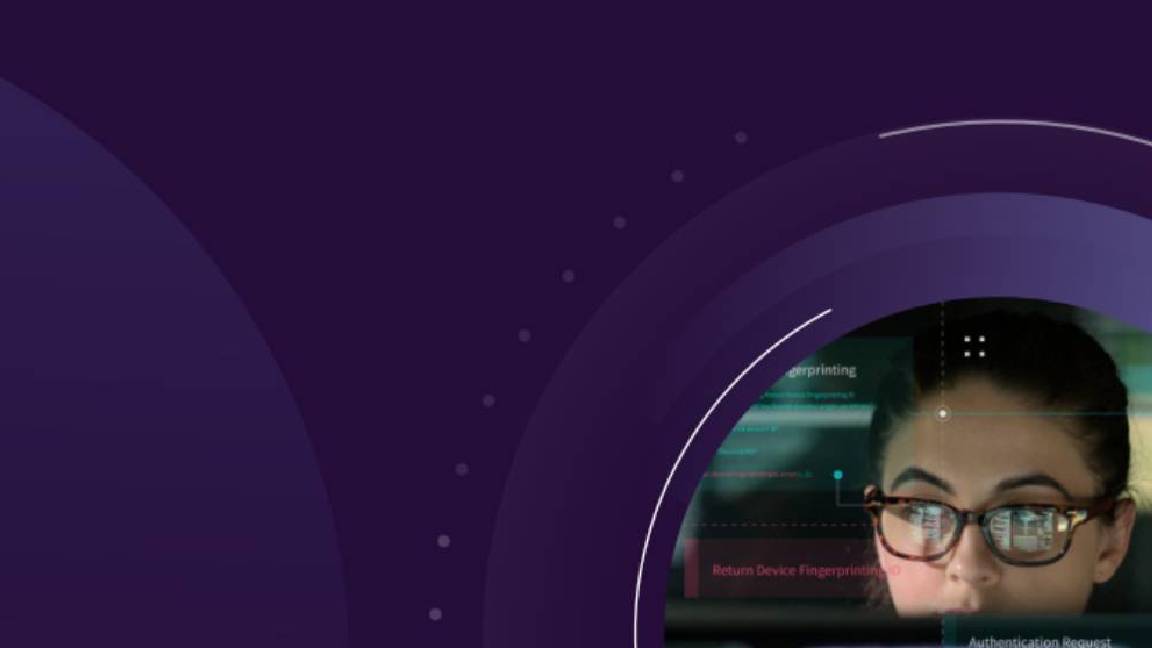What is the Circular Economy?
Cisco’s Sven Jirgal explains what it means to individuals, businesses and our world

What is a Circular Economy?
The world produced nearly 54m tonnes of used electrical and electronic products last year. That’s an average of about 43lbs., or the weight of eight bricks, for each of the 7bn people on Earth.
The StEP Initiative forecasts that by 2017, the world will produce about 33 percent more e-waste, or 72m tonnes. The concept of the circular economy moves us away from the current linear “end-of-life” industrial model to one that is regenerative by design, eliminating waste via the superior design of products, systems and business models. For the economy, it offers environmental prudence and equity. For businesses, it provides the opportunity to deliver superior value to consumers by using significantly fewer resources. Building resilience into supply chains is indeed a key benefit in terms of risk mitigation, and will help reduce costs. There is a tremendous opportunity for top line growth and value creation.
A growing number of companies are looking to the circular economy as a practical solution to innovate and grow their businesses in the face of increasing resource limitations and potential scarcity issues.
The Impact Businesses can have?
The circular economy and corporate sustainability goes beyond recycling. The goal is not just to design for better end-of-life recovery, but to minimise energy use and create higher quality materials.
The business case is compelling. A McKinsey study estimates shifting towards circularity could add $1 trillion to the global economy by 2025 and create 100,000 new jobs within the next five years. Ground-level innovation in this field is being driven by small to large companies who are piloting business models based on leasing, product performance, remanufacturing, and extended lifecycle model adoption. Many of these companies have the power to effect change fast, given their size and geographical reach through global supply chains; and their efforts are likely to accelerate with the emergence of a business-led platform for collaboration.
ChannelPro Newsletter
Stay up to date with the latest Channel industry news and analysis with our twice-weekly newsletter
As part of The Ellen MacArthur Foundation’s Global Partner Programme, Cisco works at a strategic level with a number of influential businesses across key sectors of the economy to demonstrate circular innovation at scale. Harnessing trends in IT around new consumption models to manage the flow of products and materials back into the business in a circular way, ensuring that product comes back to a business. IT can help customers manage assets and resources in smarter ways. Additionally, in the long term, providing return loops of critical materials to manufacturing supply chains, affords greater resource flexibility, making them more resilient to resource constraints.
The Role Captive Finance Organisations can play?
Circular economy companies’ investment requirements are twofold. First, they can finance products for a shorter time in a circular model, as the revenues are linked to use or performance over the lifetime of the products. Second, captive finance organisations will take responsibility to ‘close the loop’ with the assets that are being used by customers and are returned safely for reuse. This approach assures maximum economic benefits to customers and manufacturers.
Service based models providing customers with access to assets, rather than ownership, are a critical enabler for businesses to unlock circular value as it realigns incentives creating a win-win scenario.
We can help accelerate the adoption of a circular economy through financing innovative technologies that address the consumption needs of our customers and partners that align to ‘circular’ lifecycle management options. This will provide assurance that the assets being used are remanufactured or recycled properly according to principles set forth. An integrated approach of new and remanufactured products, helps customers meet the needs of their business, address budget, finance conditions, and further support the expansion of innovative circular economy business models.
Going Beyond Business
One of the most exciting things about the circular economy is that it represents a paradigm shift that moves away from the traditional sustainability agenda of resource efficiency and doing less harm and moves towards resource effectiveness and creating maximum value. Addressing business challenges and opportunities through this lens can be a source of inspiration and innovation, because it is a complete rethink of the system in which businesses operate. This is not driven by economic value, but in parallel enables significant environmental and social benefits.
Sven Jirgal is vice president and chief operating officer of Cisco Capital
-
 CISA issues warning in wake of Oracle cloud credentials leak
CISA issues warning in wake of Oracle cloud credentials leakNews The security agency has published guidance for enterprises at risk
By Ross Kelly
-
 Reports: White House mulling DeepSeek ban amid investigation
Reports: White House mulling DeepSeek ban amid investigationNews Nvidia is caught up in US-China AI battle, but Huang still visits DeepSeek in Beijing
By Nicole Kobie
-
 Unlock the potential of LATAM’s booming crypto market
Unlock the potential of LATAM’s booming crypto marketwhitepaper Strategic pathways for crypto companies looking to expand into Latin America
By ITPro
-
 The customer knows best: How to ensure you’re delivering an effective digital payments experience
The customer knows best: How to ensure you’re delivering an effective digital payments experienceSponsored Tap into shifting customer trends with account information services that will give your business a competitive edge
By ITPro
-
 How AI is accelerating digital transformation in the banking industry
How AI is accelerating digital transformation in the banking industrySupported Content Gen AI, fraud detection, and chatbots are all transforming the financial industry, but the cloud is the foundation for it all
By Bobby Hellard
-
 What open banking means for the future of online transactions
What open banking means for the future of online transactionsOpen banking offers a faster, more automated future for transactions – but it has a rigid legal road to traverse
By ITPro
-
 Embracing the future of financial services
Embracing the future of financial servicesWhitepaper Embedded Finance is leading the way. Discover how merchants could stand to gain the most.
By ITPro
-
 The online cash revolution
The online cash revolutionwhitepaper Why adding eCash to the checkout unlocks more growth
By ITPro
-
 Building an outstanding digital experience
Building an outstanding digital experiencewhitepaper Insight into how banks and financial services organizations can deliver the digital experiences customers and employees expect
By ITPro
-
 How payments support the growth of software platforms
How payments support the growth of software platformswhitepaper Discover how Paysafe can help drive the growth and success of your software platform
By ITPro